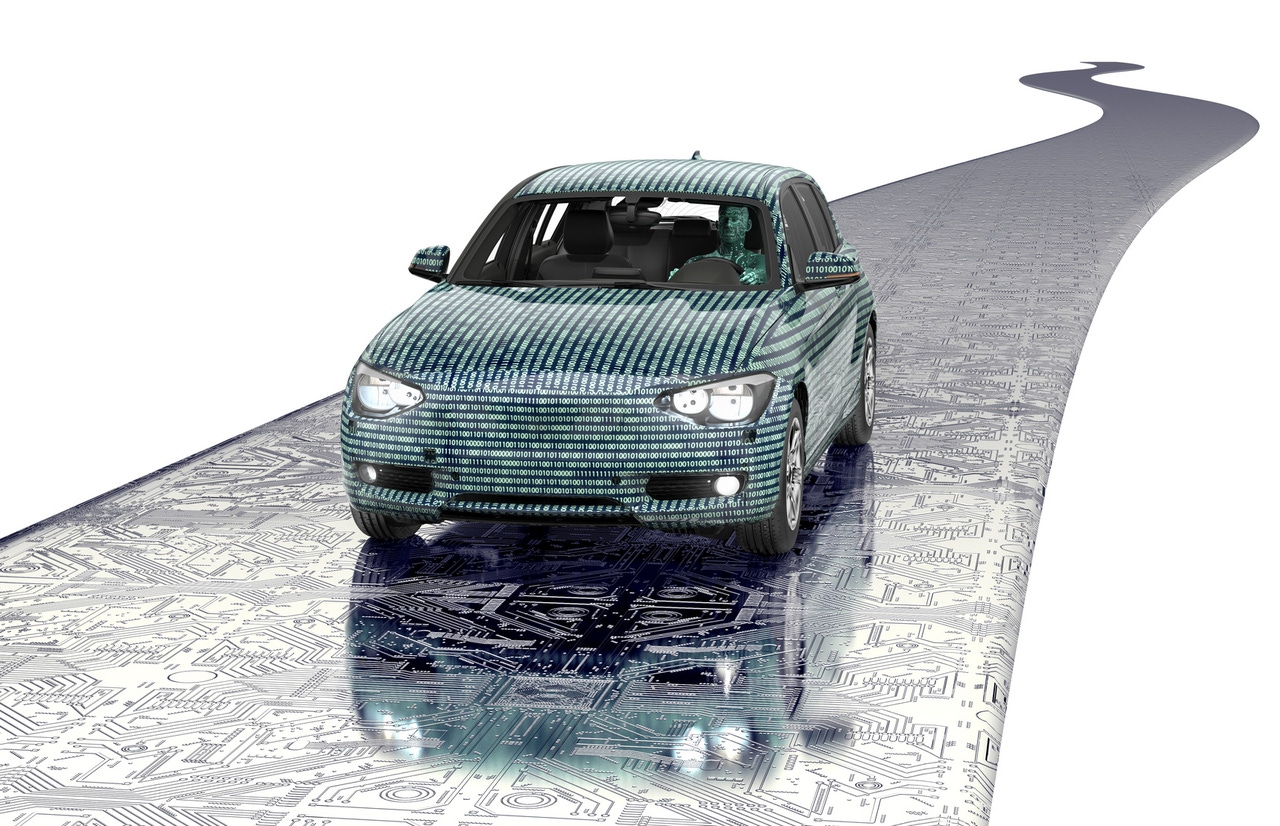Demand for autonomous vehicle will vastly outweigh production capability – Elon MuskDemand for autonomous vehicle will vastly outweigh production capability – Elon Musk
Tesla CEO Elon Musk has highlighted he believes autonomous vehicles are actually a lot closer than people think and demand will always outstrip the number of units which can be produced.
August 4, 2016

Tesla CEO Elon Musk has highlighted he believes autonomous vehicles are actually a lot closer than people think and demand will always outstrip the number of units which can be produced.
Speaking on the company’s quarterly earnings call, which marked a disappointing period for the one of the world’s most innovative companies, though the focus on autonomous vehicles was front and centre during the briefing. Musk stated while there have been a number of setbacks in recent months the company is on the verge of making a number of major announcements which could redefine its position in a potentially lucrative market.
“I think the demand for autonomous cars will vastly outweigh the production capability,” said Musk. “So it’s more in our mind that the global fleet of vehicles is about 2.5 billion roughly and total new vehicle production per year is only about 100 million. So, the fleet is basically turning over every roughly 20, 25 years. We would have to make some truly enormous number of autonomous vehicles for there to be any land saturation because it will basically be the only car anyone wants to buy.”
For the general public, the role of autonomous vehicles is small for the moment. The majority only see the worst side of the industry, Tesla’s crash for instance, which generally won’t help drive cultural acceptance of the technology. However, Musk thinks perfecting the technology is a lot closer than most people would assume.
There are still a number of hurdles which need to be conquered before the technology will be available to the general public, though substantially less than before. Two areas were brought to the forefront during the call, firstly, the need for more accurate mapping technology, and secondly, a more definitive AI solution.
“But what we’ve said thus far is that there’s need to have much higher definition maps than currently exists anywhere in the world in order to have full autonomy,” said Musk. “And we’re in the process of building those and I think making good progress.”
This is a point which has been echoed throughout the industry. Google are continuing its own work on its maps services to increase definition and accuracy, and earlier this week Uber announced it would be ‘doubling down’ its investments in mapping technologies to fuel its own drive towards autonomous vehicles.
On a lighter note, the Australian government has also announced it will officially update the country’s latitude and longitude markets as the continent has in fact shifted around 1.5 metres over the last 20 years. While this is a quirky story, it would also have a significant impact on the potential for driverless cars, which is entirely dependent on the accuracy of the information which is fed into the AI component of the vehicle.
The AI component will be one of the final roadblocks for the autonomous vehicle, and while it is generally accepted the industry is around the level two or three, the final steps will be down to condensing the compute power.
“Full autonomy is really a software limitation,” said Musk. “I mean the hardware is just to create full autonomy, so it’s really about developing advanced, narrow AI for the car to operate on. I want to emphasize narrow AI, it’s like not going to take over the world, but it needs to be really good at driving a car.
“Increasingly sophisticated neural maps that can operate in reasonably sized computers in the car, that’s our focus. I’m very optimistic about this. It’s exciting, it blows me away, the progress we’re making.”
Another announcement which caught the attention of a few industry commentators was made during the Mobileye quarterly announcement last week. Amnon Shashua, CTO at Mobileye, stated during the call the company would be breaking ties with Tesla to focus on its own initiatives. Breaking ties to the one of the world’s most innovative companies is a bold move, and one which received a mixed reception from Telecoms.com readers. In a flash poll, half of our readers thought it was a good move for Mobileye, and the other half didn’t understand what they were doing.
The Mobileye announcement does not seem to have caught the team off-guard however, as while Musk was relatively reserved over his comments, Tesla seemingly has a solution which could adequately replace the Dutch technology.
“I think we’ll have a more significant announcement on that later,” said Musk. “So it’s not really – an earnings call is not the right time for that except that it will be a Tesla solution, an internal solution.”
The last period was not a great one for Tesla as the team fell short of Wall Street expectations, though it would appear there is confidence in the long-term ambitions and capabilities of Musk and his team. Over the last 24 hours share price fell roughly 0.62% demonstrating the drive towards autonomous vehicles is real and possibly closer than most would think.
About the Author
You May Also Like










.png?width=300&auto=webp&quality=80&disable=upscale)


_1.jpg?width=300&auto=webp&quality=80&disable=upscale)